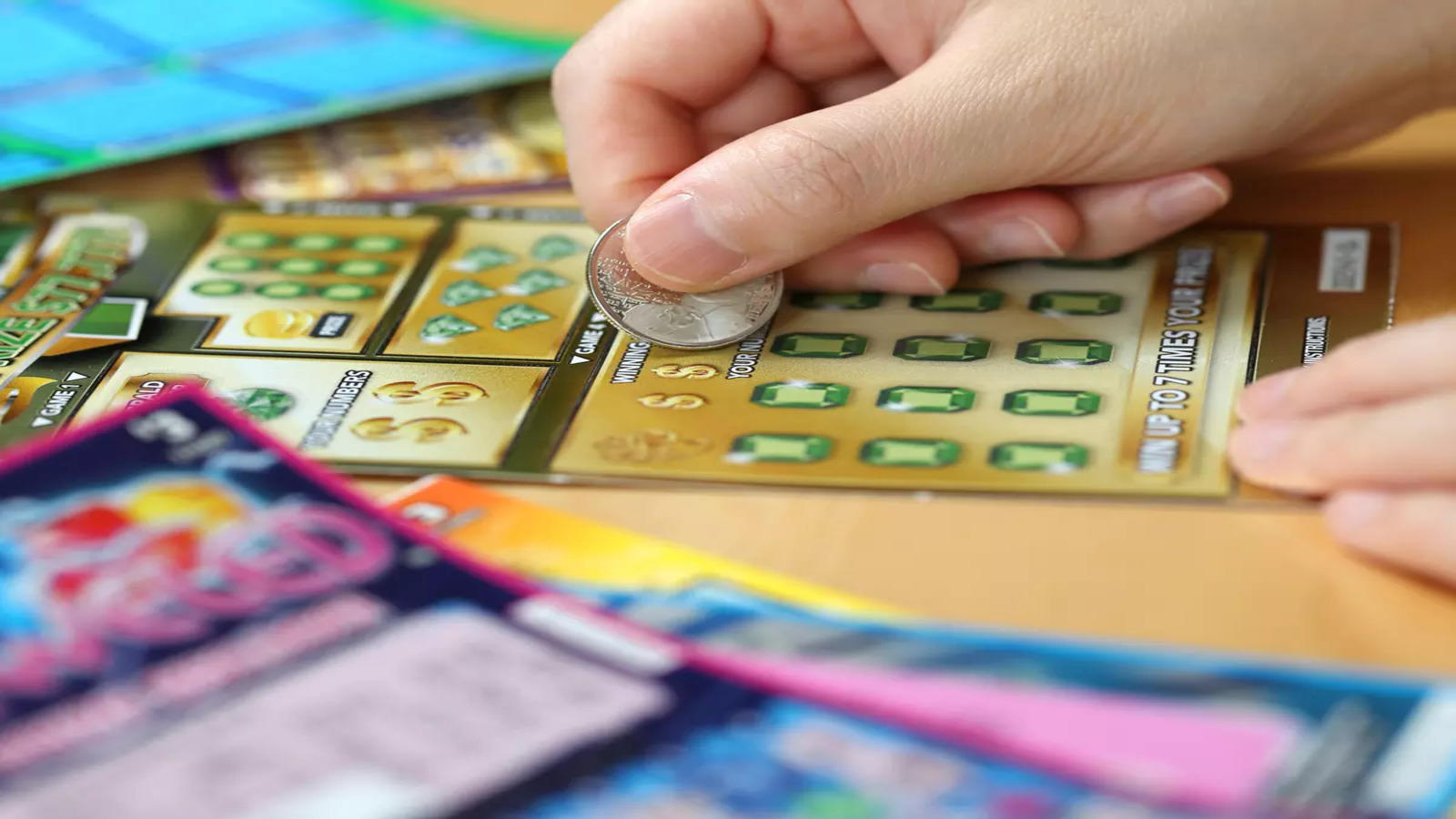
The Double-Edged Sword of Lottery Gambling: Hope, Luck, and Reality
Lottery gambling, with its tantalizing promise of instant wealth, has captured the imaginations of millions around the world. It’s a game where hope is packaged into a ticket and luck is the currency. login koitoto, beneath the surface of this seemingly innocuous form of entertainment lies a complex tapestry of social, psychological, and economic implications.
The Allure of the Jackpot
Lotteries, in their modern form, have been around for centuries, evolving from simple drawings to sophisticated global games. What remains unchanged is the allure of the jackpot — a substantial sum of money that promises to transform the winner’s life overnight. This allure is universal; it transcends cultures and economic backgrounds, drawing players from all walks of life into the lottery’s orbit.
The Psychology of Hope and Risk
Lotteries are often referred to as a “tax on the poor,” a harsh but somewhat accurate assessment. Many players are those who can least afford to spend money on what essentially amounts to a game of chance. Psychologically, however, the appeal is understandable. The lottery represents a tantalizingly easy path to financial freedom, an escape from everyday struggles.
From a behavioral economics perspective, the lottery preys on cognitive biases such as the availability heuristic and optimism bias. The rare stories of lottery winners hitting the jackpot and drastically changing their lives become magnified in public consciousness, overshadowing the overwhelming odds against winning.
The Reality of the Odds
The odds of winning a major lottery jackpot are notoriously slim, often in the range of one in several million. Yet, the low cost of entry and the potential high reward continue to lure players. For many, buying a lottery ticket is not just about the jackpot; it’s a brief moment of hope and escapism from the harsh realities of life.
Social and Economic Impacts
Lotteries play a dual role in society. On one hand, they generate substantial revenues for government programs, including education and infrastructure. On the other hand, they disproportionately affect lower-income individuals, who spend a larger portion of their income on lottery tickets.
Critics argue that lotteries perpetuate inequality by targeting those who can least afford to gamble. Proponents counter that the lottery provides entertainment value and supports public services that benefit everyone.
Responsible Gambling and Regulation
Governments and advocacy groups emphasize responsible gambling practices, encouraging players to set limits on spending and seek help if gambling becomes problematic. However, the lure of the jackpot often overrides such advice, leading to stories of financial ruin and despair among those who become addicted.
Regulation varies widely around the world, with some countries banning lotteries altogether and others tightly regulating and taxing the industry. The debate over the social and economic impacts of lotteries continues to be a topic of controversy and study.